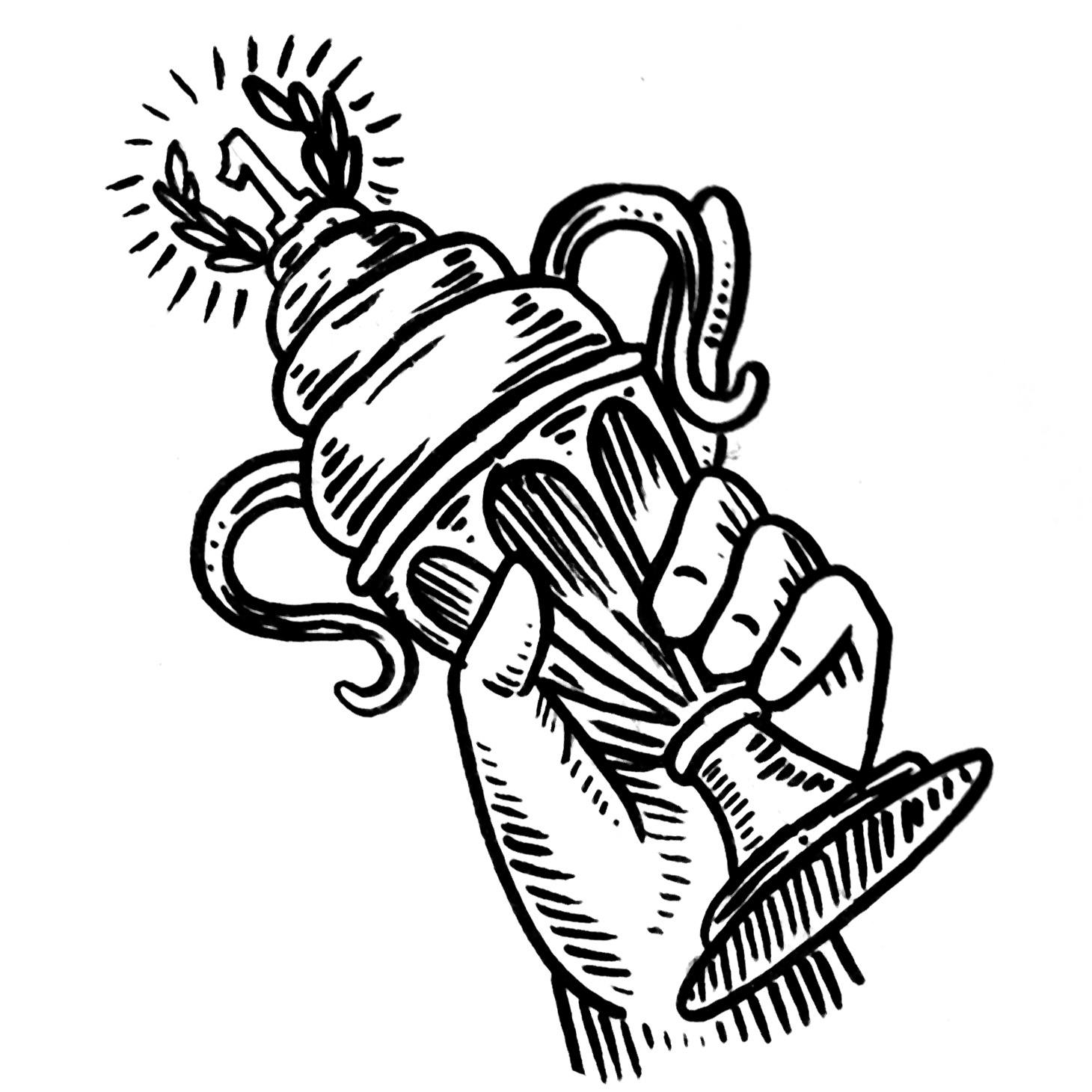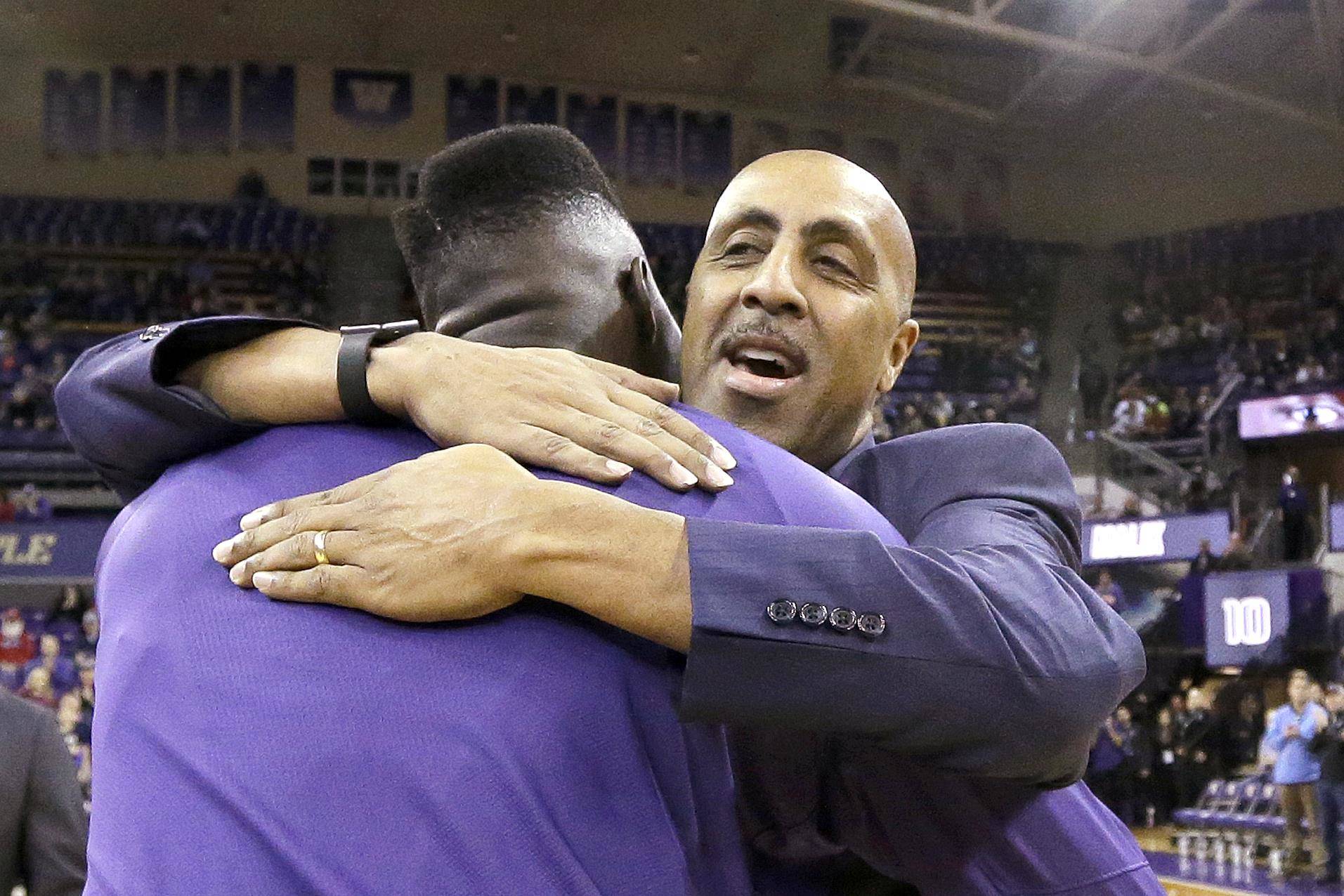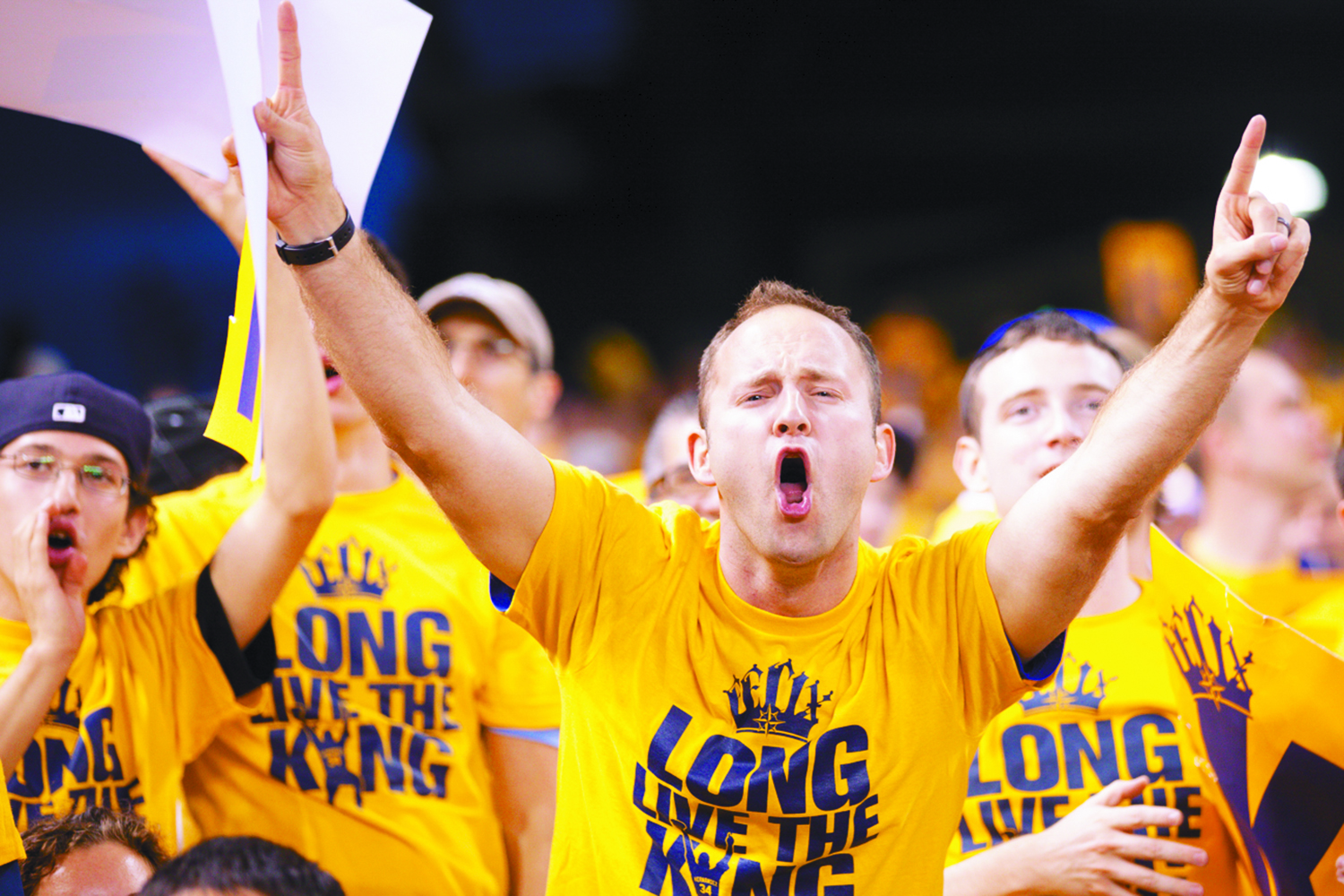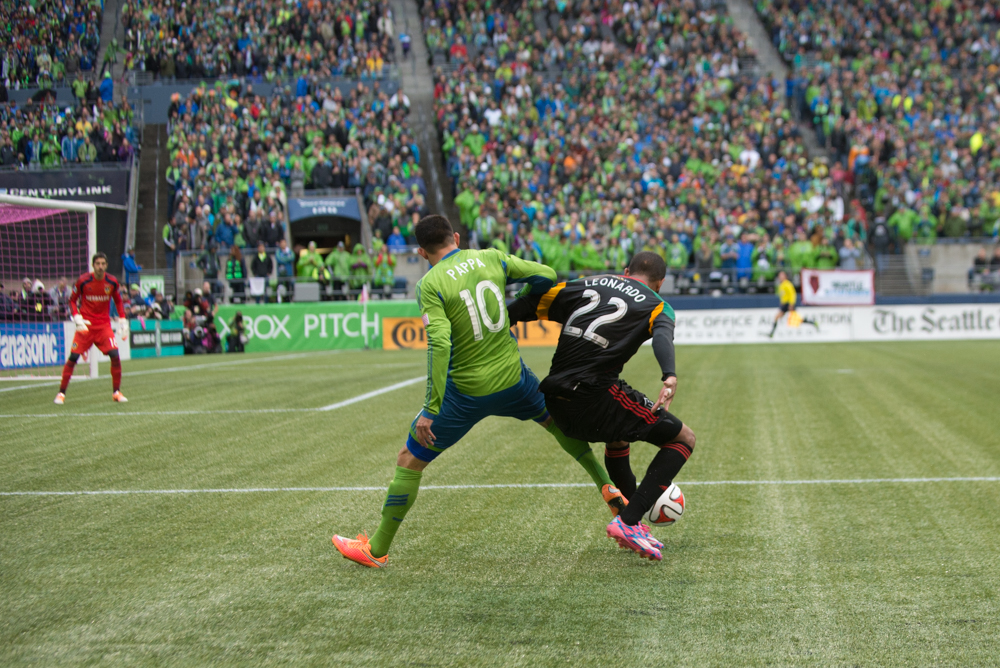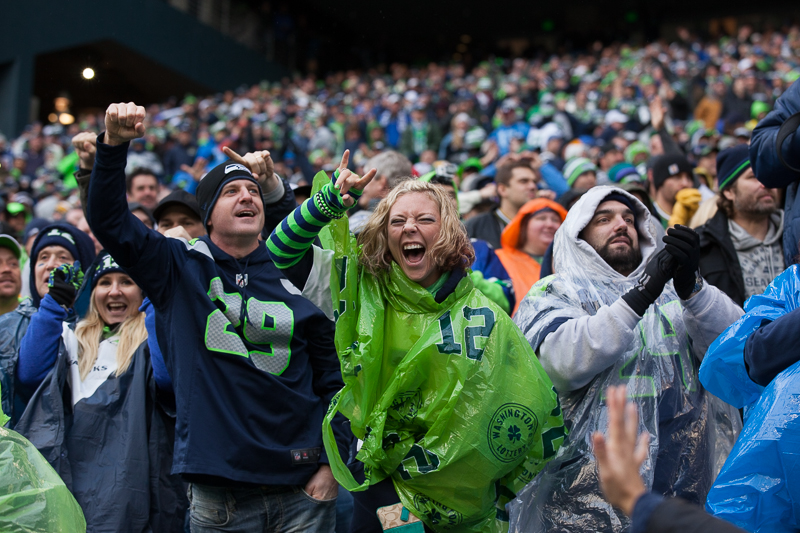We’re a little bit closer to getting an NBA team after last week, but probably not for the reason you’d think.
Yes, the Los Angeles Clippers will soon be for sale after owner Donald Sterling was unmasked as one of America’s few remaining segregationists. Unfortunately, that doesn’t help us. The Clippers have a lease that runs through 2024. And unless Chris Hansen is hiring the team behind the Alaskan Way tunnel project to build his arena, he won’t want to wait that long to bring hoops back to Seattle.
What does help is how exciting the NBA playoffs have been. A league with this many competitive teams can afford to try expansion—which may be the only way Seattle’s going to get a team.
Five first-round series in the 2014 NBA playoffs went to a full seven games, tying the league record for an entire postseason. Of the 50 first-round games, 26 were decided by two possessions or fewer. The inescapable conclusion? There’s not much difference between the league’s top 16 teams.
Sure, some teams are struggling, but the NBA’s underclass isn’t as permanent as it once was. The two teams that won fewer than 20 games this year—Milwaukee and Philadelphia—were pretty much losing on purpose, hoping to land a franchise player through the draft or with a surfeit of salary cap room. Teams like Miami and (I hate to admit it) Oklahoma City have proven that building from nothing isn’t just possible; it might be the most effective way to amass championship-level talent.
In the 1980s and ‘90s, mismanaged teams like the Clippers would linger at the bottom of the standings for a decade. And yet the NBA expanded anyway, adding six franchises between 1989 and 1996. Now even an idiot like Donald Sterling can find enough talent to build a winner. His Clippers—well, his for now—will play Clay Bennett’s Thunder in the Western Conference semifinals. Good luck figuring out who to root for in that one.
Back to expansion: If the question of competitive balance is removed from the equation, the only question left is how much money NBA owners should ask for as an expansion fee. Likely, a lot. Mavericks owner Mark Cuban recently suggested that $1 billion would be fair. Happily for Seattle, Steve Ballmer’s $18.8 billion fortune is backing Hansen’s bid. If it’s money the NBA wants, we’ve got it.
So if you root for anything during the remainder of the NBA playoffs, keep rooting for close series. And for Microsoft stock to go up.
sportsball@seattleweekly.com
